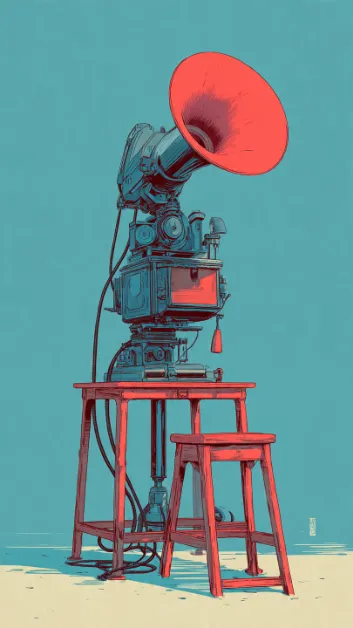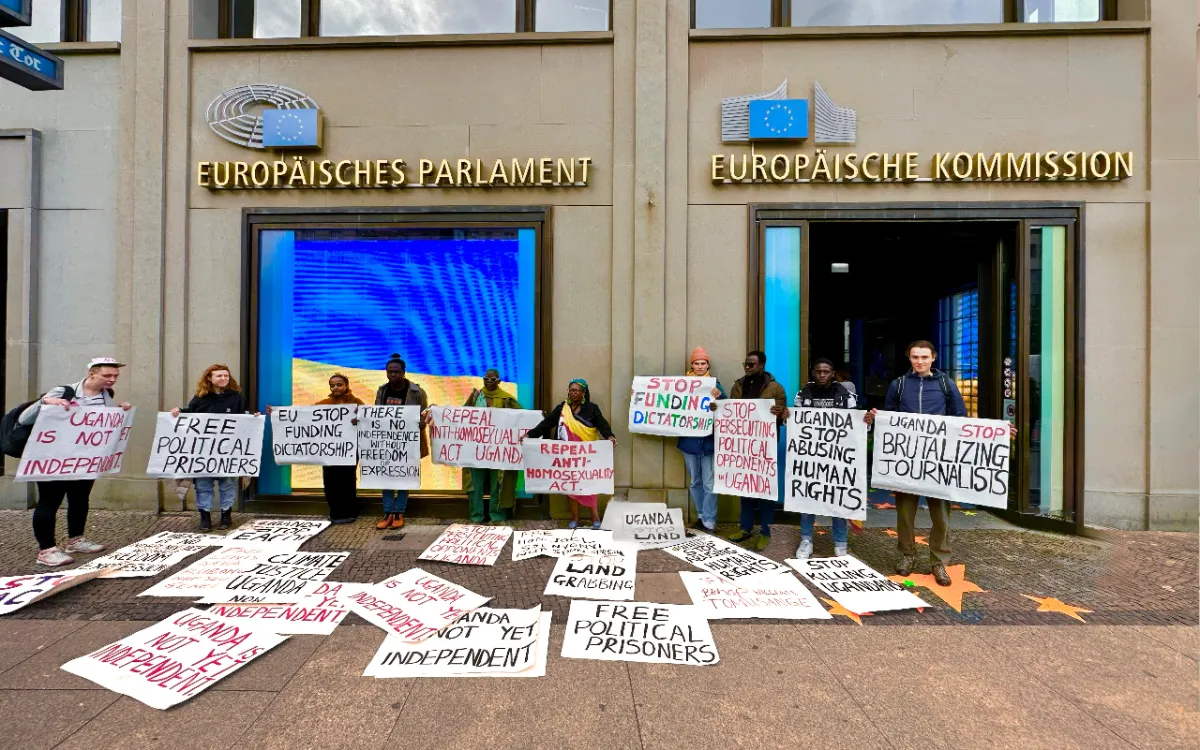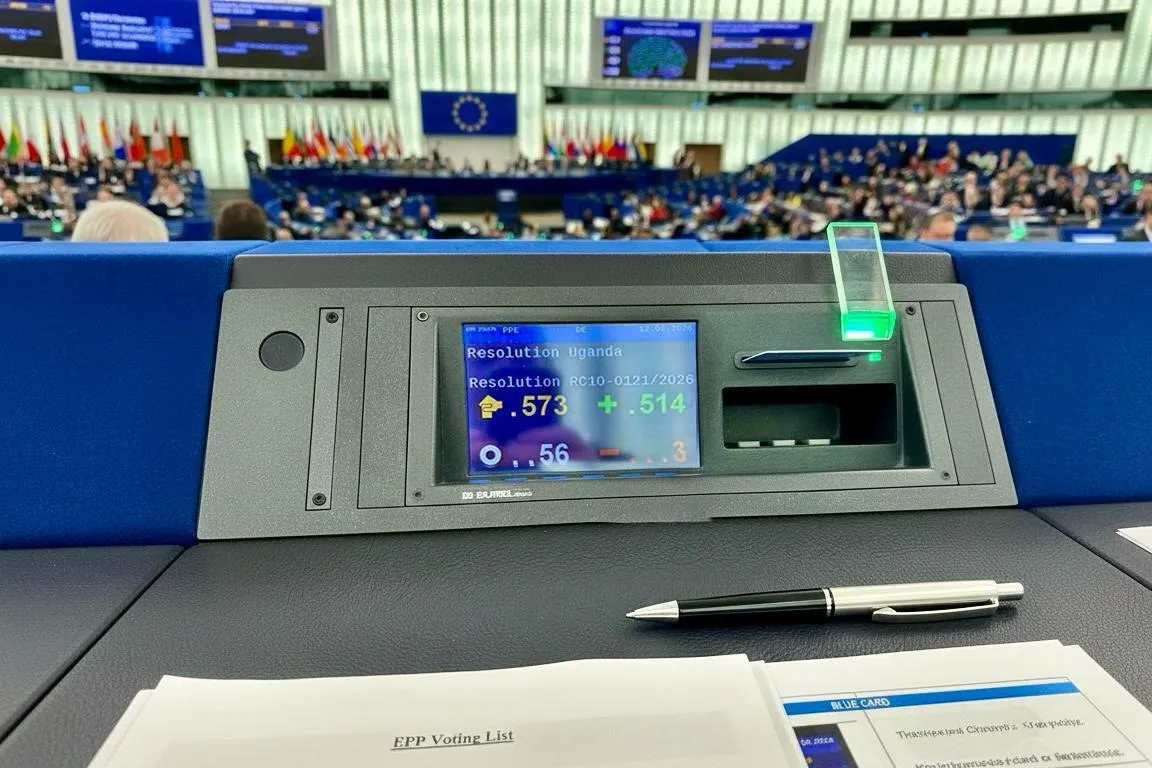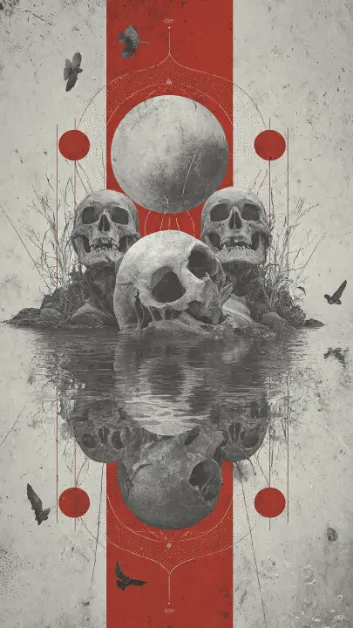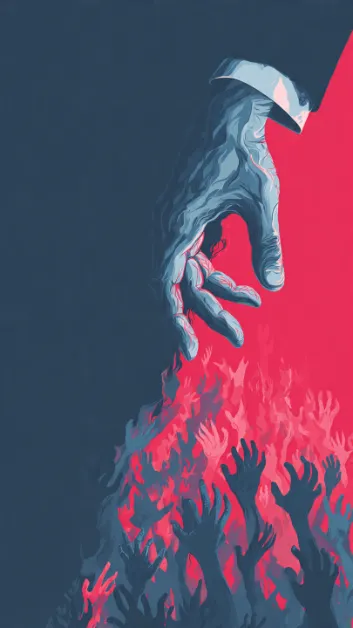.webp)
The African Voter
The African voter is very tolerant, although short-sighted to the truth.
.jpg)
06 Jul, 2025
Share
Save
Circa the 19th and 20th centuries, during which years Africa witnessed sublime colonialism, scything debates on the intellect of the people of the Black race were much more central.
Colonial scholars, who were swimming in the heart of the eccentric continent at the time, argued that whereas Black people were kind and hospitable, at the same time, their volition was subtle—they didn’t think like any other human race around the globe.
Of course, at the inception of colonialism, the colonial masters had anticipated strident resistance from the African people, whom they had thought barbaric and backward for their history, and for what one might construe as fear, they had concealed their intervention ideologies in religion, whose sole duty was to soften the hearts of the Black people.
Indisputably, Africa at the time hung in the realms of tradition, and rigidity leapt in societies—there was nothing that would alter people’s thinking—societies, above all else, prioritised African gods and beliefs, and for this matter, imperialists thought they would receive a bitter welcome if they had directly confronted the African people.
Unfortunately, even though some societies snubbed the colonial religious index, which was intended to liberate Africans from hellfire and the black devil whom the white teachers said had been thrown on earth from heaven, the majority embraced the white imaginative deity—these people renounced their traditional gods and embraced the Bible, which strictly taught them submissiveness to their masters and in the same capacity discouraged them from pursuing any kind of earthly life, be it knowledge.
Religion is indeed the most successful invention of suppression in human history. It was not long before the Black people started believing in the white Jesus in the Bible, who would forgive their sins, and as they held the holy book with sensitivity, the white man eyed their land and resources, and what he did was to bring the gun, because he knew Black people were gullible.
Even though, as Africans, we refute being ignorant, gullible, and stupid as perceived by the colonial masters, we cannot entirely do away with this high-pitched truth.
Looking at colonial literature, especially one by white writers, even though it favours the masters over the slaves, it depicts Africans as detached people—a lost people with neither identity nor the sobriety to recognise themselves. Africa, in this context, is schizophrenic.
One of the most prominent pieces, which, for a very long time, has been a centre of criticism from Black critics and writers for its defamation of the African story, is the 1939 colonial Mr Johnson by Joyce Cary, an Anglo-Irish novelist and colonial official in Nigeria.
In his novel, Joyce Cary portrays his Black character, Mr Johnson, as a stupid fellow and one who no longer recognises himself—at the station, where Johnson works as a clerk, he struggles to conform to the white man’s lifestyle—he speaks bad English and lives like his white masters only because he thinks his Black life is a mishap and unworthy living.
It is from Cary’s Mr Johnson that Chinua Achebe wrote his Things Fall Apart in 1958, arguing that Africans are not as foolish as Joyce Cary and his counterparts had earlier stated, and he presents to us Okonkwo, a strong character, the opposite of Cary’s Johnson.
Unfortunately, Okonkwo commits suicide because he lacks the resilience to withstand colonialism that has come to Umuofia with subtle suppression. But who among us doesn’t know that resilience is a fragment of intelligence?
Thus, Black gullibility and stupidity are indelible, and even though we accuse colonialists of painting a different picture of Africa, we can never run away from who we are—proudly foolish Black people—wretched Africans.
Kenyan Ngũgĩ wa Thiong'o ascertains Black ignorance and foolishness in his 1967 novel, A Grain of Wheat, when he presents Black characters who are busy with prayers and reading the Bible while their land is being taken by the same people who have brought religion.
Ngugi is disgruntled by the fact that Africans continuously dance to the tunes of the void imperial music, and it is Black people—leaders, foremen, guards, etc.—who are helping the white man further his colonisation schema.
And now, here we are; we have buried the colonisation song beneath our feet, and now we call ourselves independent—different African people gather in national stadia and give speeches about how free they are; they talk about development, even when they are still hitched to the expatriate infrastructure—they glorify what they call independence days, yet in fact, they are more enslaved than before.
The African politician, who is now in charge, steals from the country’s coffers, together with his acolytes, only to fund their luxurious lifestyles while the hospitals are empty of medicine, schools are in an infirm state, injustice and state brutality have become another form of justice, and people are being evicted from their land daily and never compensated.
Not only that, but the African governments incessantly increase taxes, for which none of their citizens see the value, and these greedy leaders go ahead to obtain loans on behalf of the country, only to funnel these huge loans into their pockets.
But as all this goes on, the African voter is quiet; he is less concerned about politicians stealing money, which would have helped secure medicine in the hospitals or build better roads; he doesn’t care about the government detaining those who intend to stand up for their rights; the African voter minds less about the crumbling education, which has become irrelevant to the government as long as he can have a single meal a day and go to bed, uninterrupted.
The African voter is very tolerant, although short-sighted to the truth. He/she waits for the same politicians, who have been lying to them and ignoring their needs for the last four or five years, and votes for the same people into office after receiving a packet of salt and a piece of soap from the politicians’ agents.
The African voter must be angry, but as the colonial scholars put it, these fellows are naive and stupid; they vote wolves into office, and after the wolves devour their goats, they say the wolves are evil, and when they are presented with another chance to vote out the evil wolves, they say the wolves are used to the system, and so they can do better.
Therefore, as of today, I am quite cured of listening to the woes of my fellow Africans, be they the meekest or the most starving of men, and I sternly reject the idea of African critics proclaiming that colonialists wrote or told our story differently, because, in the first place, they wouldn’t have colonised us if our brothers didn’t believe their gospel of lies—we just don’t know what we want, and this is what I refuse to ignore—our nonchalance, idiocy, and tribulation.
About the author
The author is a published novelist, and book editor at The World Is Watching, Berlin, Germany, columnist and human rights activist. He has written with The Observer Ug, The Ug Post, The Uganda Daily, Muwado, etc.

